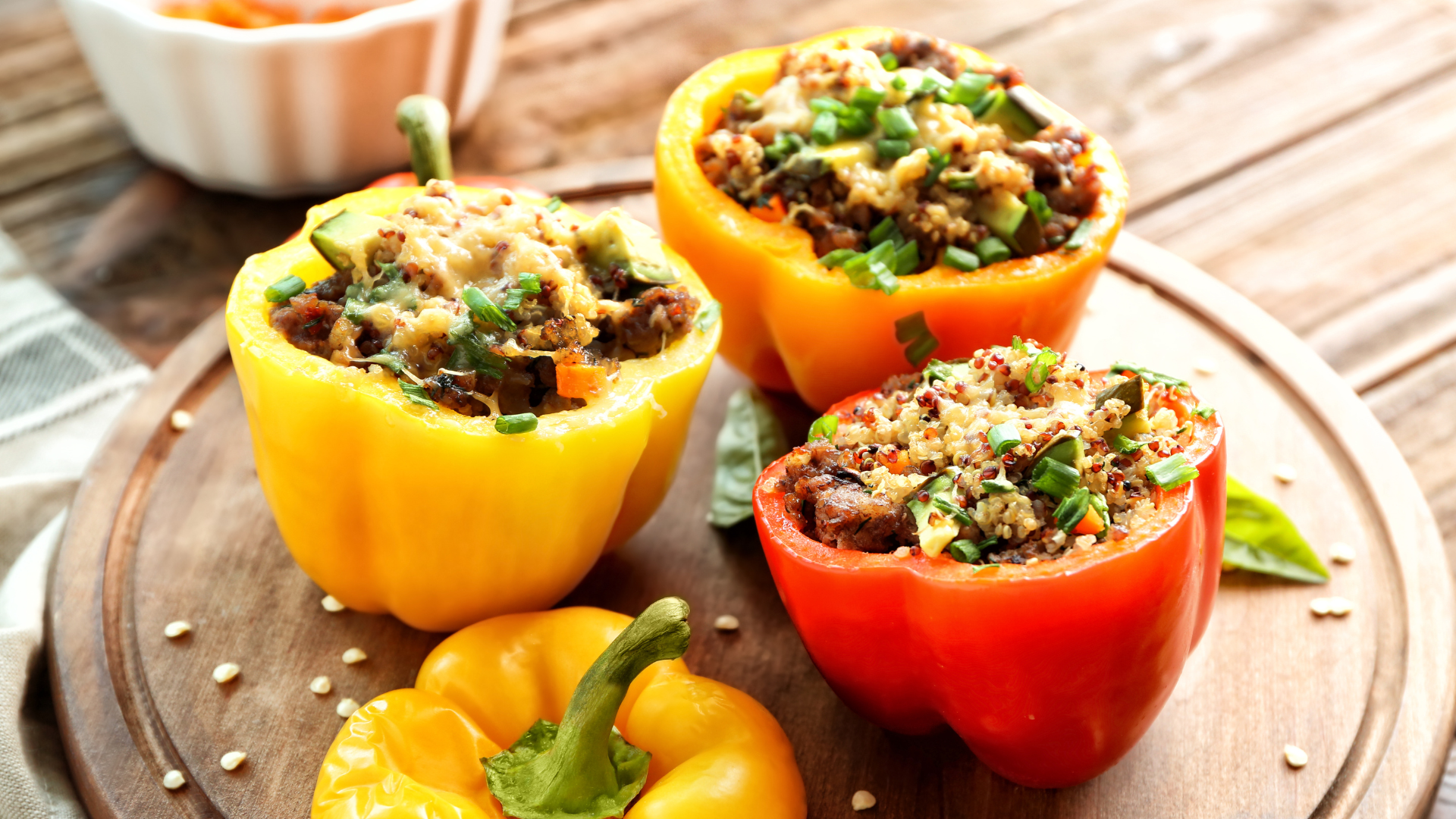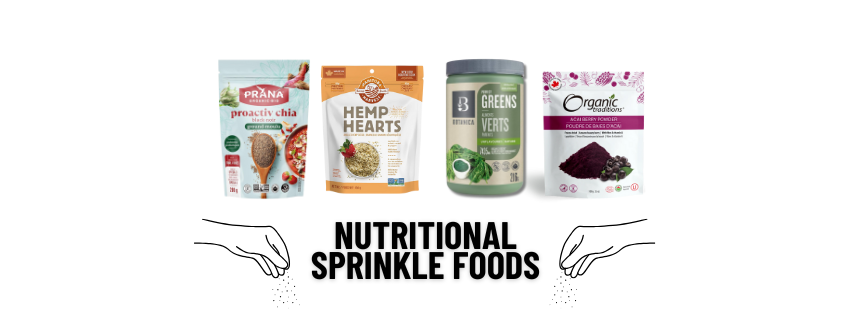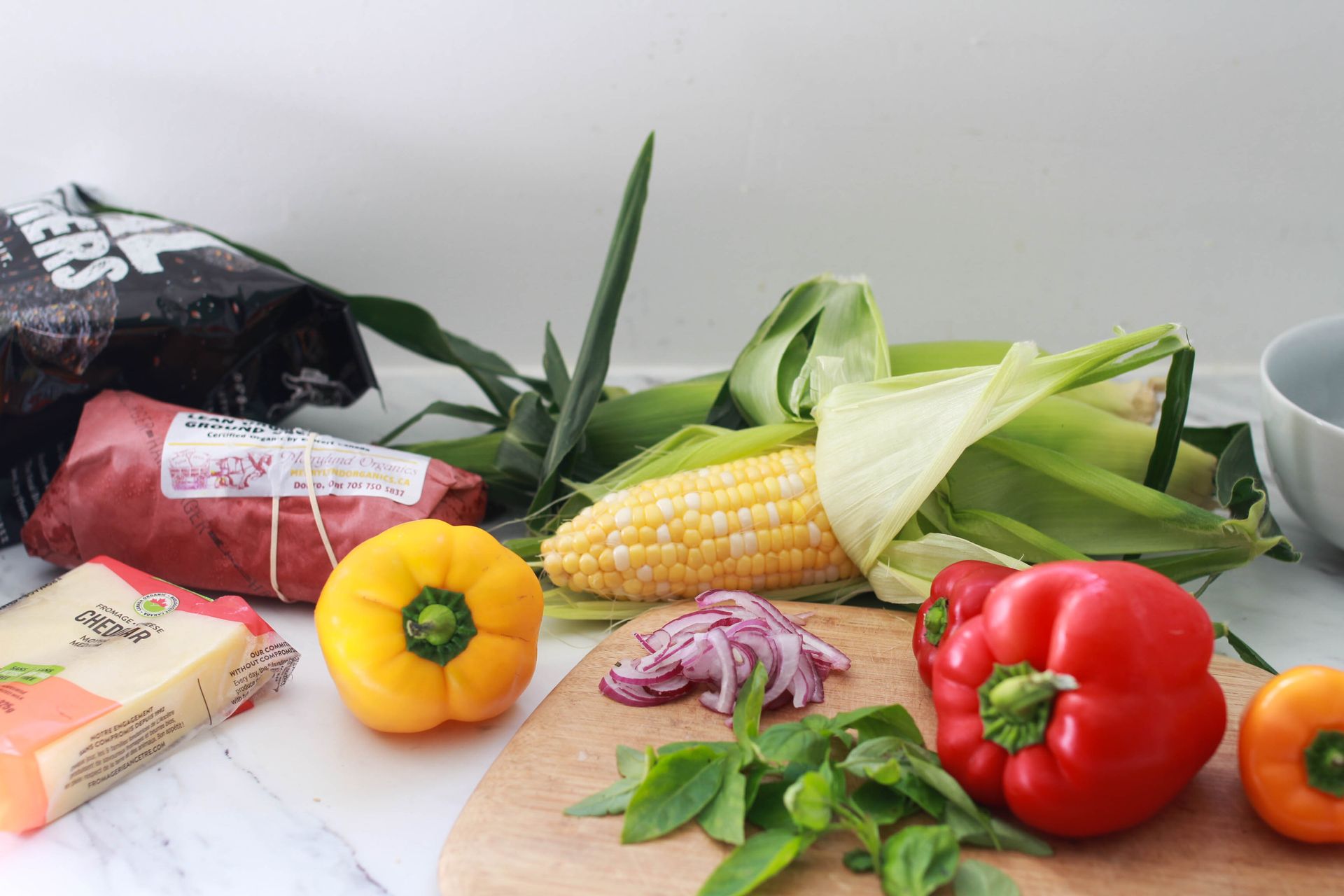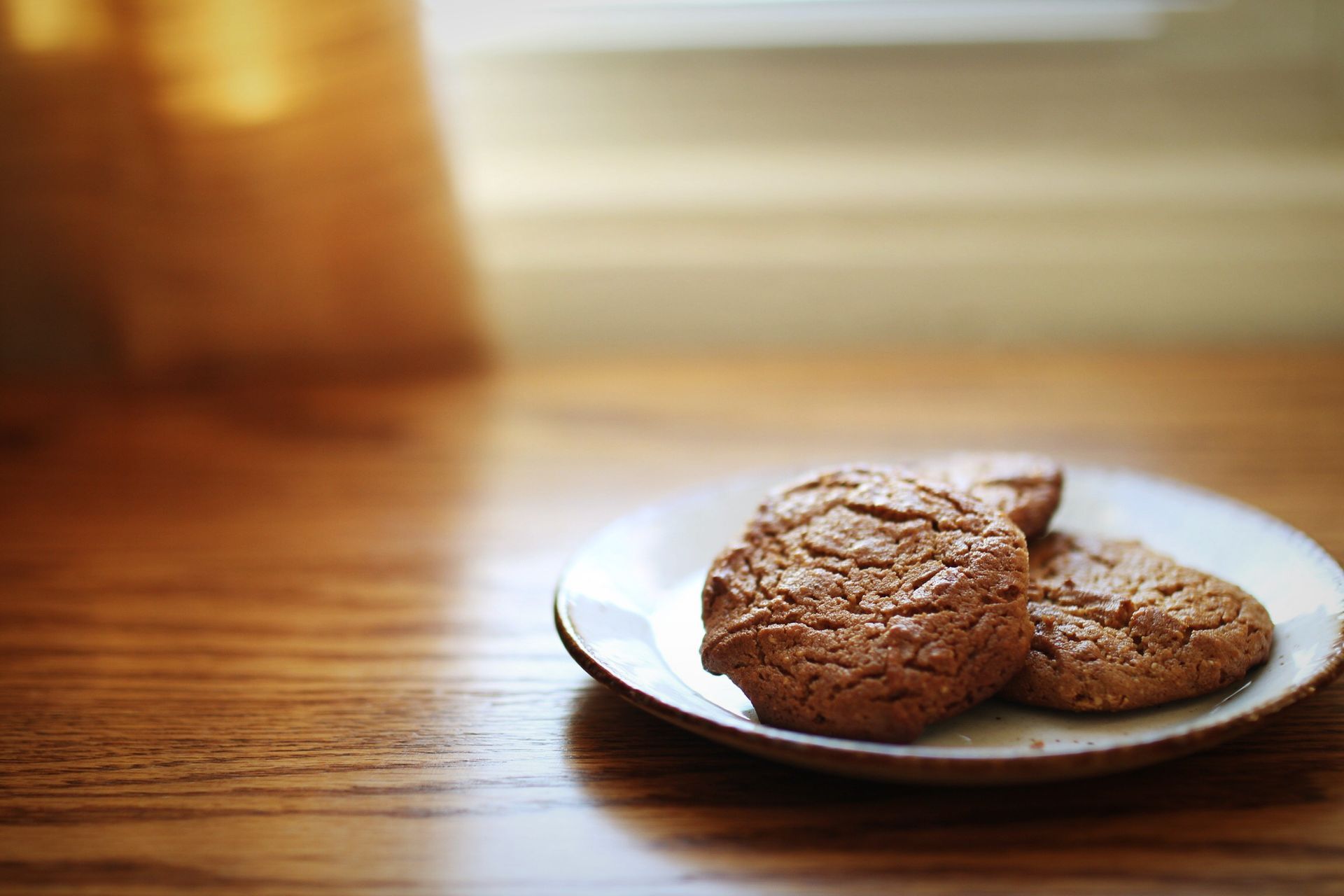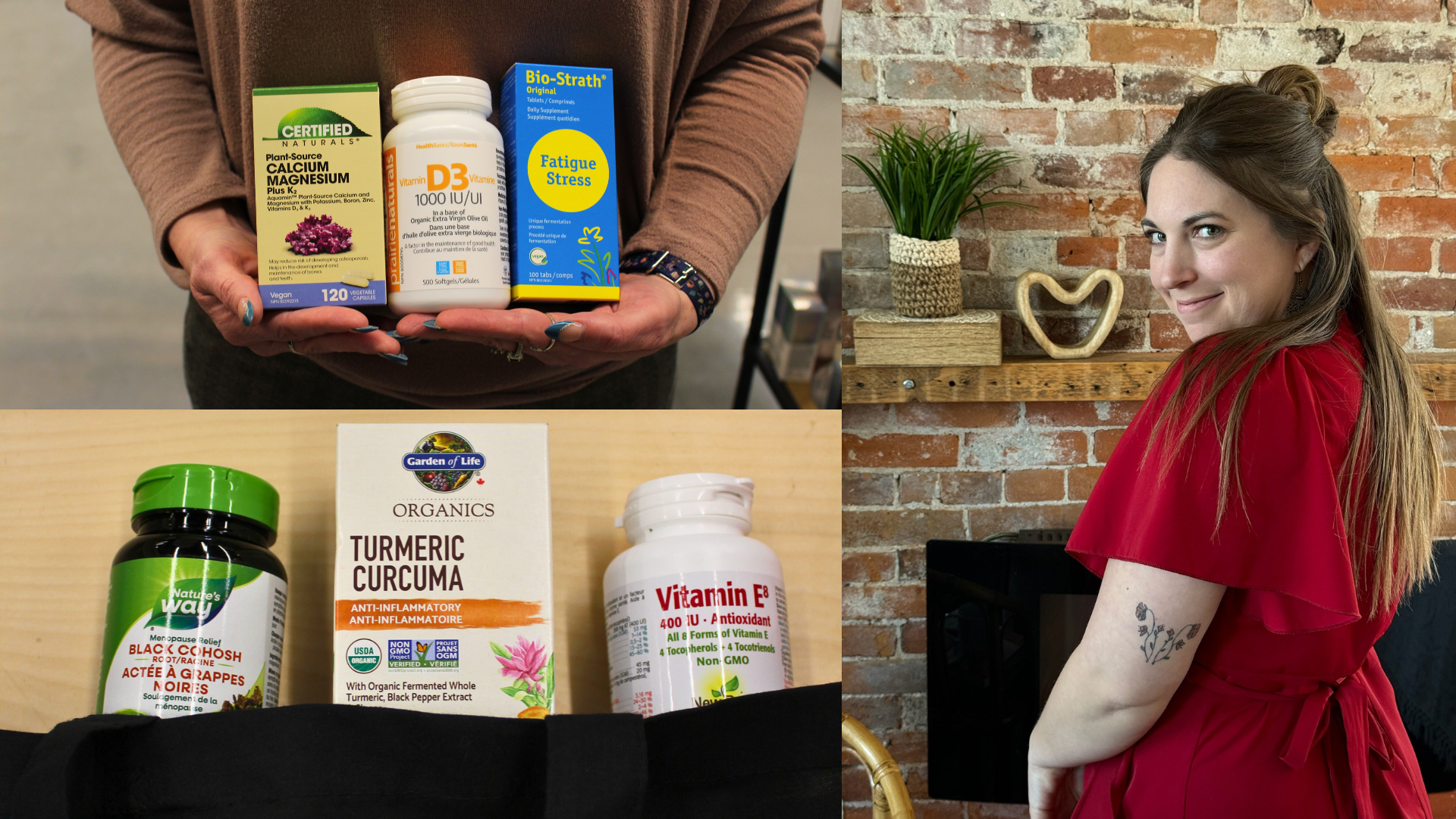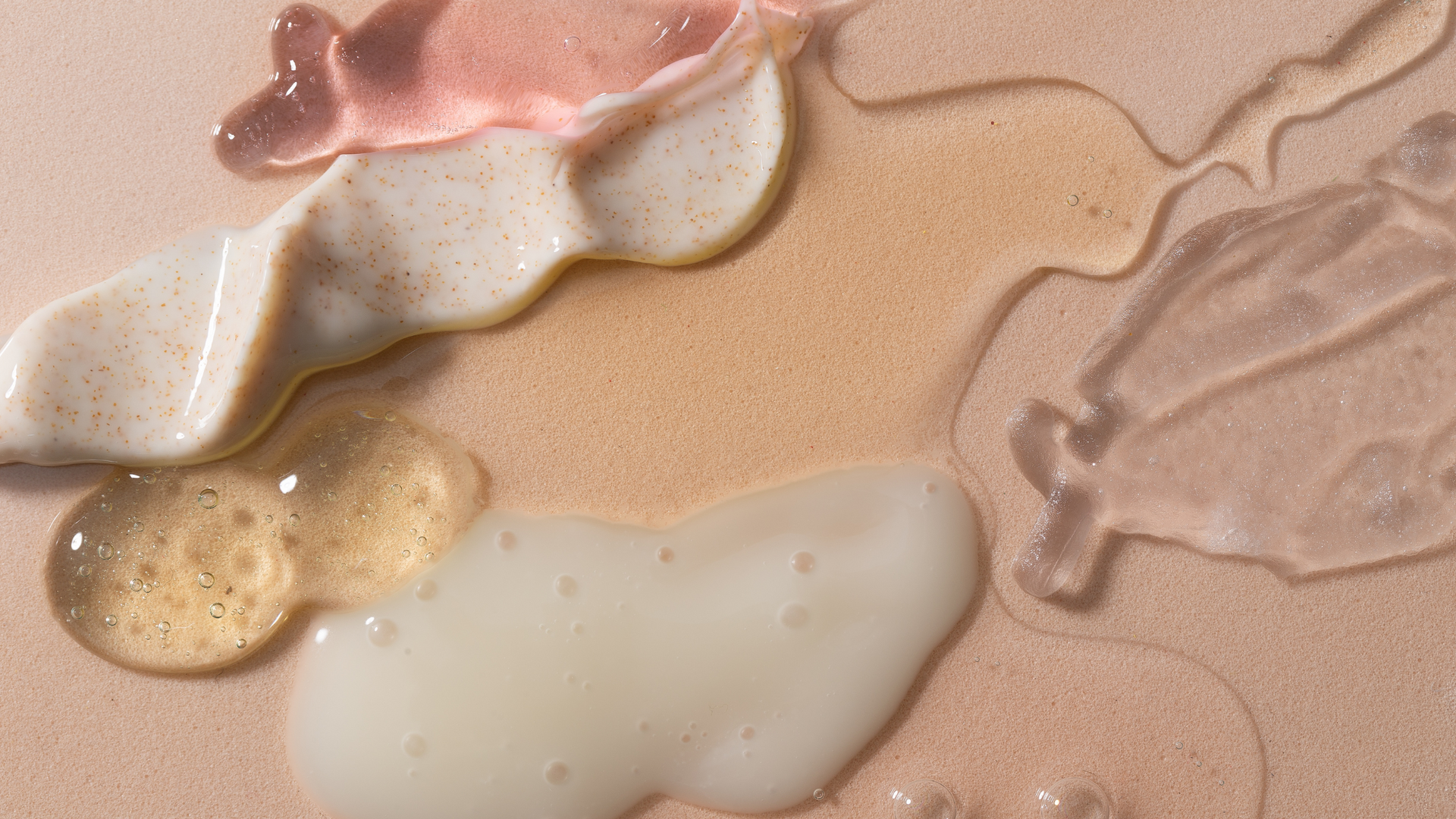Diet for Elevated Histamine and Sensitivity
Symptoms of histamine sensitivity may be relieved by avoiding certain foods, however, this diet is restrictive and long term nutritional deficiencies could result. It may be helpful for you to work with a Registered Holistic Nutritionist.
Some experts recommend an elimination diet – removing all suspect foods for 2 to 4 weeks, then slowly reintroducing foods one at a time and keeping careful track of any reactions to identify individual sensitivities.
There are 3 categories of foods that can impact on histamine sensitivity:
- Foods that are high in histamine
- Foods that may trigger cells to release histamine (liberators)
- DAO is an enzyme needed to break down histamine. Consumption of other foods that need DAO can slow the breakdown of histamine resulting in unpleasant symptoms.
High in Histamine Trigger Histamine Release or Compete for DAO
Fermented Foods Milk Pickled Foods
Processed Meats Shellfish Canned Foods
Aged Cheese Eggs Chocolate/Cocoa
Wine/Beer Kiwi Vinegars
Spinach Strawberry Wheatgerm
Eggplant Spinach Yeast Extract
Tomato Pineapple Black/Mate Teas
Avocado Plum Bananas
Food Prep for Histamine Sensitivity
- Plan meals ahead.
- Fresh food is best.
- Store food in the fridge and use it up quickly.
- Keep meals simple.
- Stop eating before you feel full.
- Have (refrigerated) snacks ready such as washed grapes, celery sticks and cottage cheese, apple slices and natural peanut butter.
- Keep a journal of everything you eat, the time of day, and any symptoms that occur.
DAO (diamine oxidase) is a copper dependent enzyme. Increase your intake of copper rich foods such as nuts, seeds, green vegetables, and black pepper. Zinc competes for absorption with copper. If you regularly supplement zinc intermittent use of copper will help prevent a copper deficiency.
*Revised February 2023

